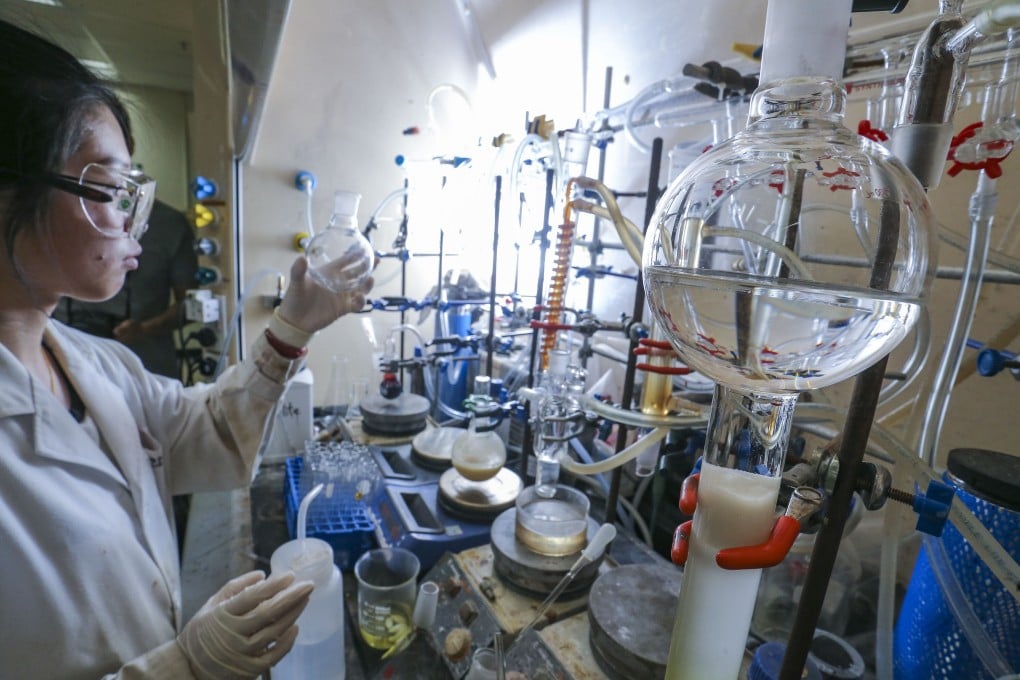China-US tech rivalry: Beijing plans to restructure national labs, boost investment in scientific research
- State-backed labs that can carry out the world’s most advanced research are an important part of China’s efforts to boost its technological capabilities
- But the country has fallen short of its target of developing 700 labs by the end of 2020

China is planning to realign hundreds of “state key laboratories” with the country’s technology priorities and articulate a 10-year programme to boost spending on fundamental science research, as Beijing rolls up its sleeves in competing for tech dominance against the United States.
At the national technology working conference on Tuesday, the Ministry of Science and Technology said China will carry out a systemic restructuring of the country’s national key labs and release a 10-year plan to boost the country’s basic scientific research.
Priorities for 2021 also include mobilising a nationwide system to seek breakthroughs in key research areas, and encouraging enterprises to take on a more dominant role in science and technology research, the ministry said at the conference chaired by Minister of Science and Technology Wang Zhigang.
“[Catching up in technology] has long been a quiet policy goal in China, but the fact that we’re seeing this explicitly come out into the open now is notable,” said Nick Marro, a global trade lead at The Economist Intelligence Unit. “China is adopting a more hardline, sober assessment of current geopolitical risks, which will inevitably drive much of its future digital policymaking.”